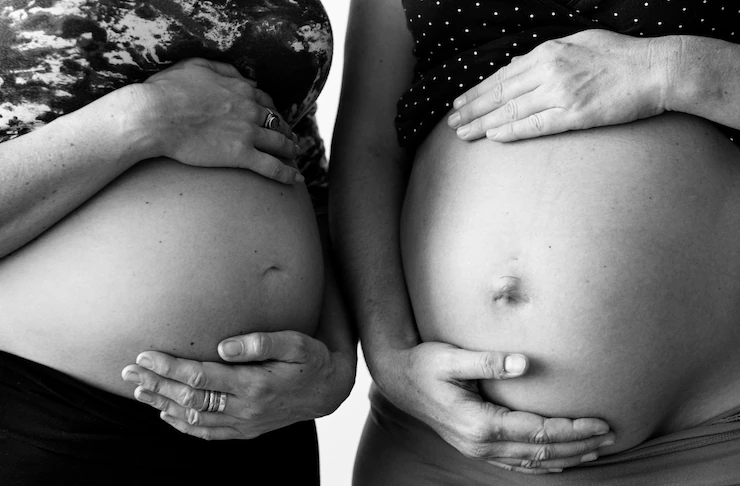Introduction
Maternal age is an important factor that influences parenting experiences and challenges. In South Africa, where the age at which women become mothers varies significantly, it is crucial to understand the impact of maternal age on parenting. The unique challenges faced by young and older mothers can shape their parenting journey and have implications for the well-being of both the mother and child. This article explores the impact of maternal age on parenting challenges in South Africa, highlighting the importance of tailored support and resources for mothers of different age groups.
Challenges Faced by Young Mothers
- Lack of Preparedness: Young mothers, often adolescents, may face challenges due to their limited knowledge and experience in parenting. They may feel unprepared for the responsibilities and demands of raising a child, which can impact their confidence and ability to provide adequate care.
- Educational and Economic Disadvantages: Young mothers may face difficulties in pursuing education or maintaining employment, which can affect their financial stability and hinder their ability to provide for their child’s needs. The lack of financial resources and limited support networks may add to the stress and challenges of parenting.
- Social Stigma and Isolation: Young mothers may encounter social stigma, judgment, and isolation from their peers or community due to societal norms and perceptions. This can contribute to feelings of inadequacy and hinder access to support networks that are essential for positive parenting experiences.
Challenges Faced by Older Mothers
- Physical and Emotional Well-being: Older mothers, often in their late 30s or 40s, may face physical challenges associated with pregnancy and childbirth. They may experience higher risks of pregnancy complications, such as gestational diabetes, hypertension, and cesarean deliveries. Balancing the demands of parenting with their own aging-related health concerns can be challenging.
- Energy and Stamina: Older mothers may face challenges in keeping up with the physical demands of parenting, particularly when it comes to caring for young children who require high levels of energy and stamina. Fatigue and exhaustion can impact their ability to meet their child’s needs consistently.
- Generation Gap: Older mothers may face a generation gap between themselves and their children. They may experience challenges related to differences in parenting styles, technology use, and cultural shifts. Navigating these differences and staying connected with their children’s experiences can require extra effort and understanding.
Tailored Support for Mothers of Different Ages
- Comprehensive Parenting Education: Providing comprehensive parenting education programs that address the specific needs and challenges faced by different age groups can empower mothers with the knowledge and skills necessary for effective parenting.
- Access to Healthcare Services: Ensuring equitable access to quality healthcare services is crucial for both young and older mothers. This includes adequate prenatal care, postnatal support, and addressing age-specific health concerns.
- Mentoring and Peer Support: Establishing mentoring programs and support networks where experienced mothers can offer guidance and support to younger or older mothers can foster a sense of community and provide valuable insights.
- Financial Assistance and Educational Opportunities: Offering financial assistance programs and educational opportunities specifically tailored to the needs of young mothers can help alleviate economic pressures and enable them to pursue further education or vocational training.
- Intergenerational Programs: Creating intergenerational programs that facilitate meaningful interactions between young and older mothers can foster understanding, bridge the generation gap, and promote support and learning between different age groups.
Conclusion
Maternal age has a significant impact on parenting challenges in South Africa. Understanding and addressing the unique needs of young and older mothers are essential for providing effective support and resources. By offering tailored education, access to healthcare services, mentoring programs, financial assistance, and intergenerational initiatives, we can empower mothers of different age groups to navigate their parenting journey with confidence and ensure the well-being of both themselves and their children. Ultimately, supporting mothers of all ages contributes to healthier families and a stronger society.










